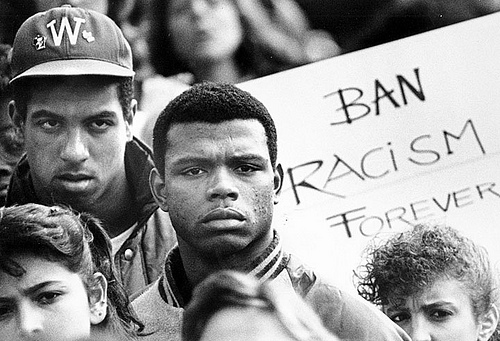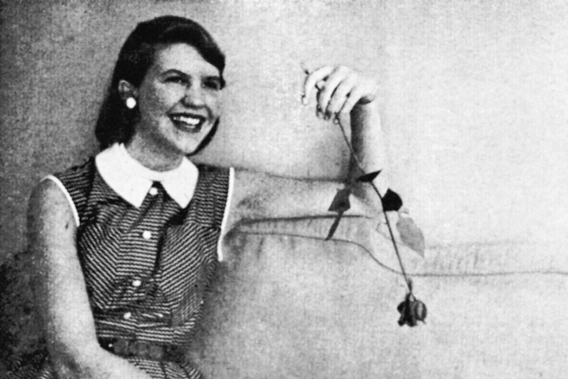
In writing ... remember that the biggest stories are not written about wars, or about politics, or even murders. The biggest stories are written about the things which draw human beings closer together.
SUSAN GLASPELL, Little Masks
Once a strong and intelligent woman, the life of Susan Keating Glaspell (1876-1948) took a 180 degrees turn with her deteriorating health, her miscarriage, the death of her husband and later the rejection of her much younger lover. Glaspell changed her scenery in search of serenity but failed and turned to alcohol to sooth her disturb soul as she had stopped writing at the same time.
As a young lady, she fought against the social stigma that education kills femininity. She took classes that were dominated by male students and at the same time kept her social life interesting. Her first column as a reporter was called "The News Girl" in which she discussed about the logic of women demanding for the traditional powers of men without losing the traditional protection of a women. Her later works helped her develop a theme in her stories that revolve around characters with personal integrity that was against society's approval.
Despite her downfall personally and creatively, she soar when she received an offer to direct Midwest Play Bureau (MPB) for the Federal Theater Project, a division of the Works Progress Administration. Although she held onto the rocking seat for only two years, her life improved from there. She helped her younger brother, Ray, by giving her royalty checks to those in need. Glaspell gave away her long-kept baby clothes (she lost the baby) to her abused maid to help her start with a new life.
Glaspell had a creative soul and this was proved as she was a Pulitzer Prize-winning playwright, actress, director, and bestselling novelist. She co-founded Provinceton Players, an idea that was given by her husband. Calling themselves as The Players, Glaspell devoted most of her time writing plays and acting in some of them. It was her darling possession shared with great friends and most importantly strengthen the bond between her and her husband, George Cram Cook, who died of glanders yet his legacy lived on through Glaspell's writings of her soulmate.
After nine novels, fourteen plays and numerous short stories as well as articles, Susan Glaspell passed away at the age of 72. She remained as an inspiring writer, a dear good friend to all.
Her Works:
Drama
-Trifles (1916)
- Inheritors (1921)
- Alison's House (1930)
Novel
- Fidelity (1915)
- Brook Evans (1928)
- Norma Ashe (1942)
Short Stories
- Lifted Masks (1912)
- A Jury of Her Peers (1927)
References:
1. http://www.davenportlibrary.com/genealogy-and-history/local-history-info/the-people/susan-glaspell/
2. http://blogs.shu.edu/glaspellsociety/sample-page/
3. http://wps.ablongman.com/long_kennedy_lfpd_9/22/5820/1489995.cw/index.html











